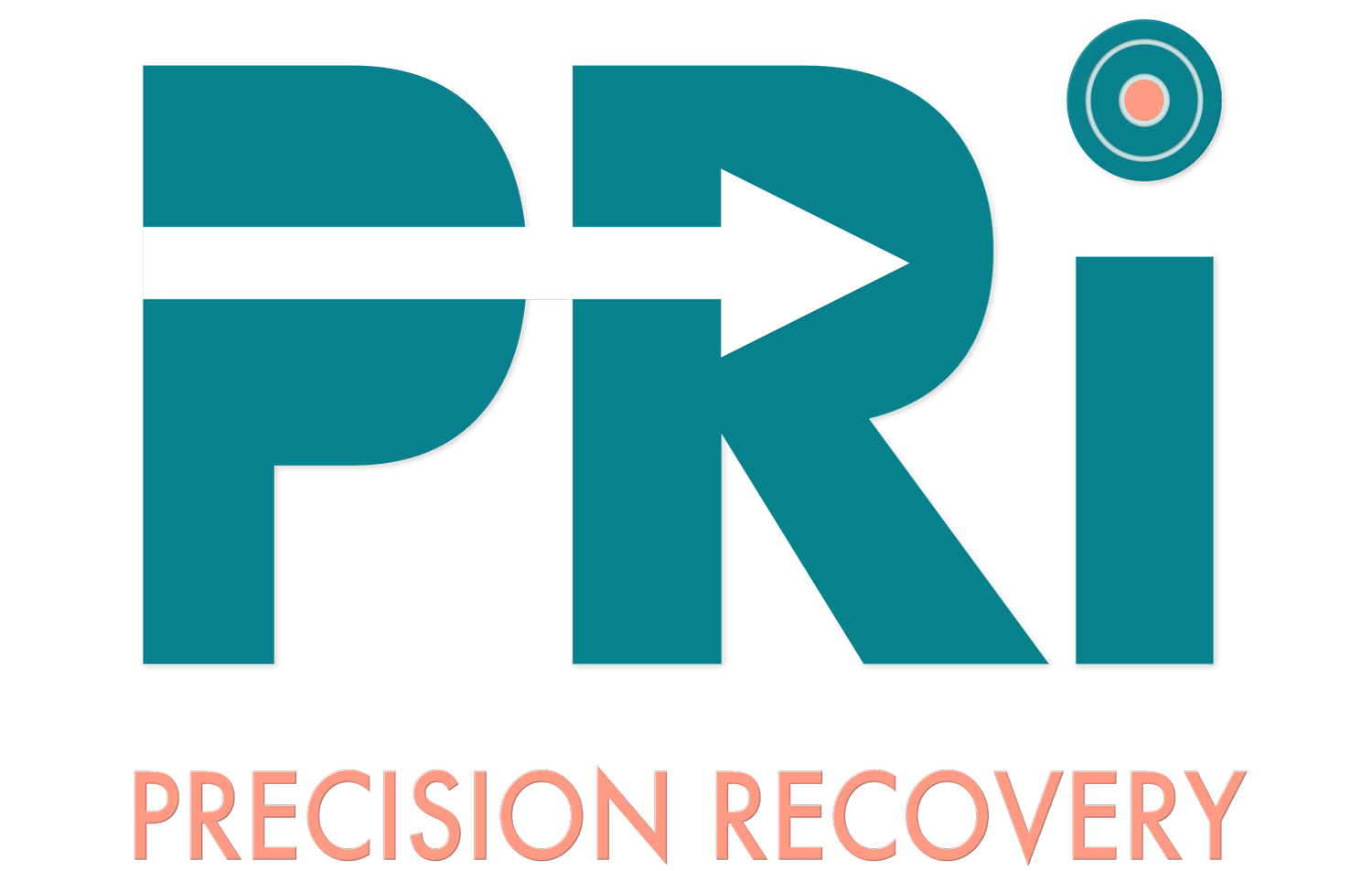Caregiver wellness and well-being after stroke
Supporting Emotional Well-being: Navigating Depression and Anxiety After Stroke for the Caregiver
A stroke, often perceived as a purely physical ailment, carries profound emotional ramifications that are sometimes overshadowed by the immediate health concerns. While it's crucial to address and treat the physical manifestations of a stroke, it's equally vital to recognize and support the emotional well-being of stroke survivors. Depression and anxiety can emerge as formidable challenges in the aftermath, but with the right approach, they can be navigated and managed.
Stroke survivors can sometimes feel isolated or detached from their previous life, leading to feelings of sadness, frustration, and anxiety. It's essential for patients, families, and healthcare providers to understand that these feelings are a natural part of the recovery process. Just as physical therapy can aid in regaining motor skills, psychological support can help survivors come to terms with their new reality, processing their feelings and cultivating a positive outlook for the future.
Family, friends, and caregivers play a pivotal role in supporting emotional well-being after a stroke. By offering a listening ear, practicing patience, and engaging in activities that bring joy and a sense of purpose, loved ones can significantly aid in alleviating feelings of depression and anxiety. The power of companionship, understanding, and emotional support cannot be underestimated in this journey. Moreover, seeking professional help, like therapists or support groups, can offer additional coping mechanisms and perspectives.
In conclusion, navigating depression and anxiety after a stroke requires a holistic approach that melds medical intervention, emotional support, and personal determination. As we continue to advance in our understanding of the human mind and its resilience, it's imperative to prioritize emotional well-being alongside physical rehabilitation. With concerted efforts from healthcare providers, family, and the survivors themselves, the road to recovery can be one of hope, growth, and rediscovery.
